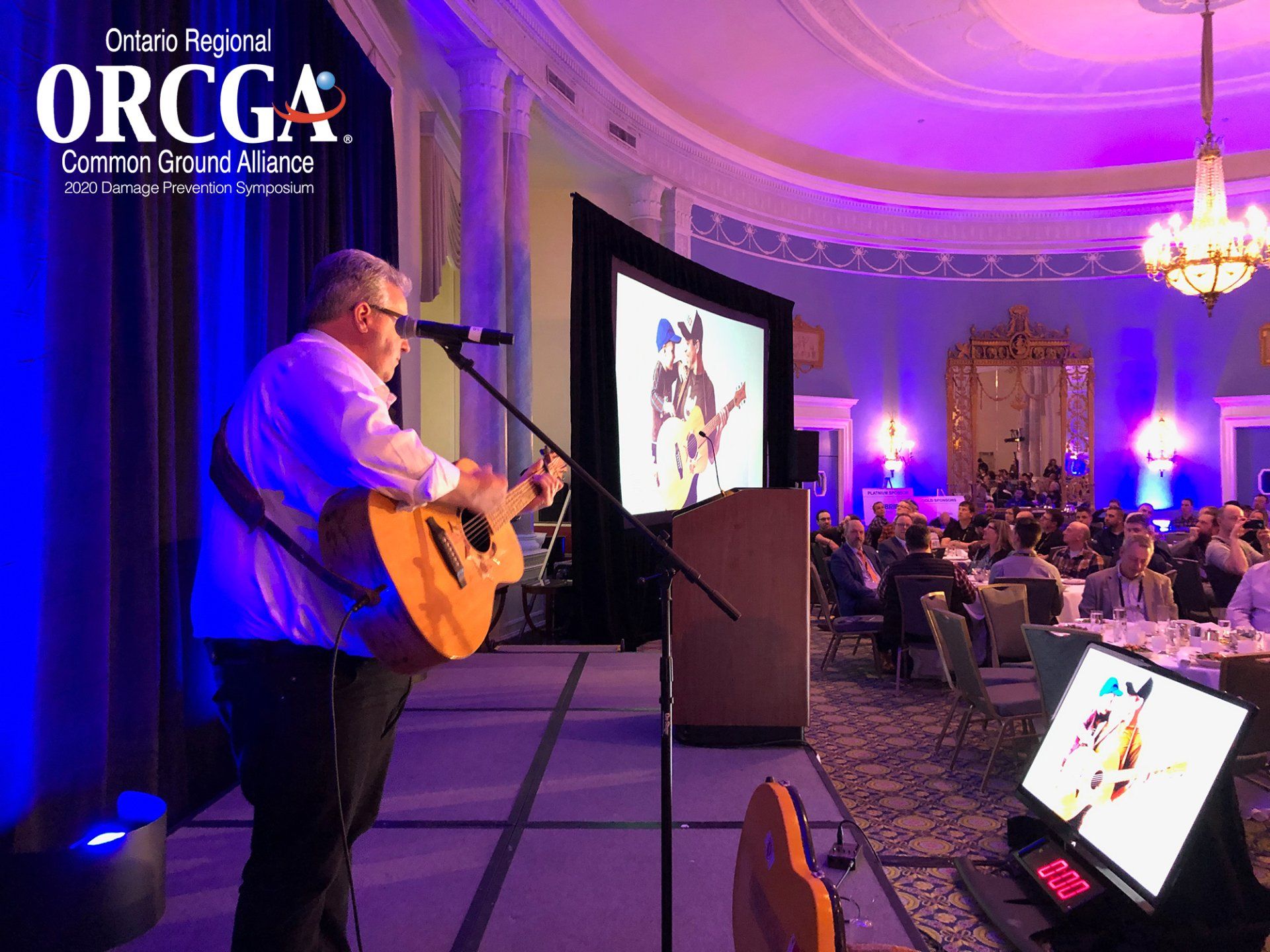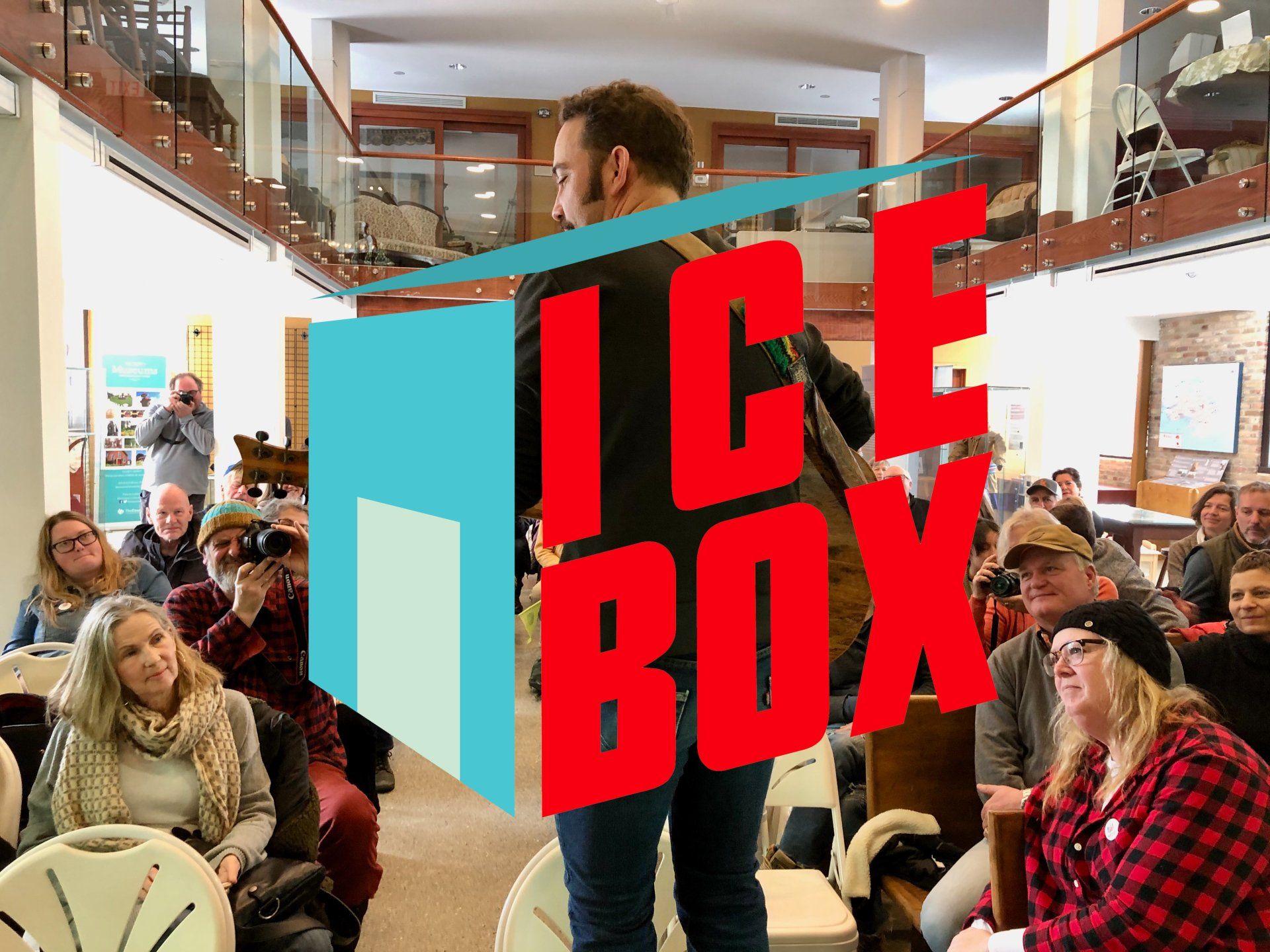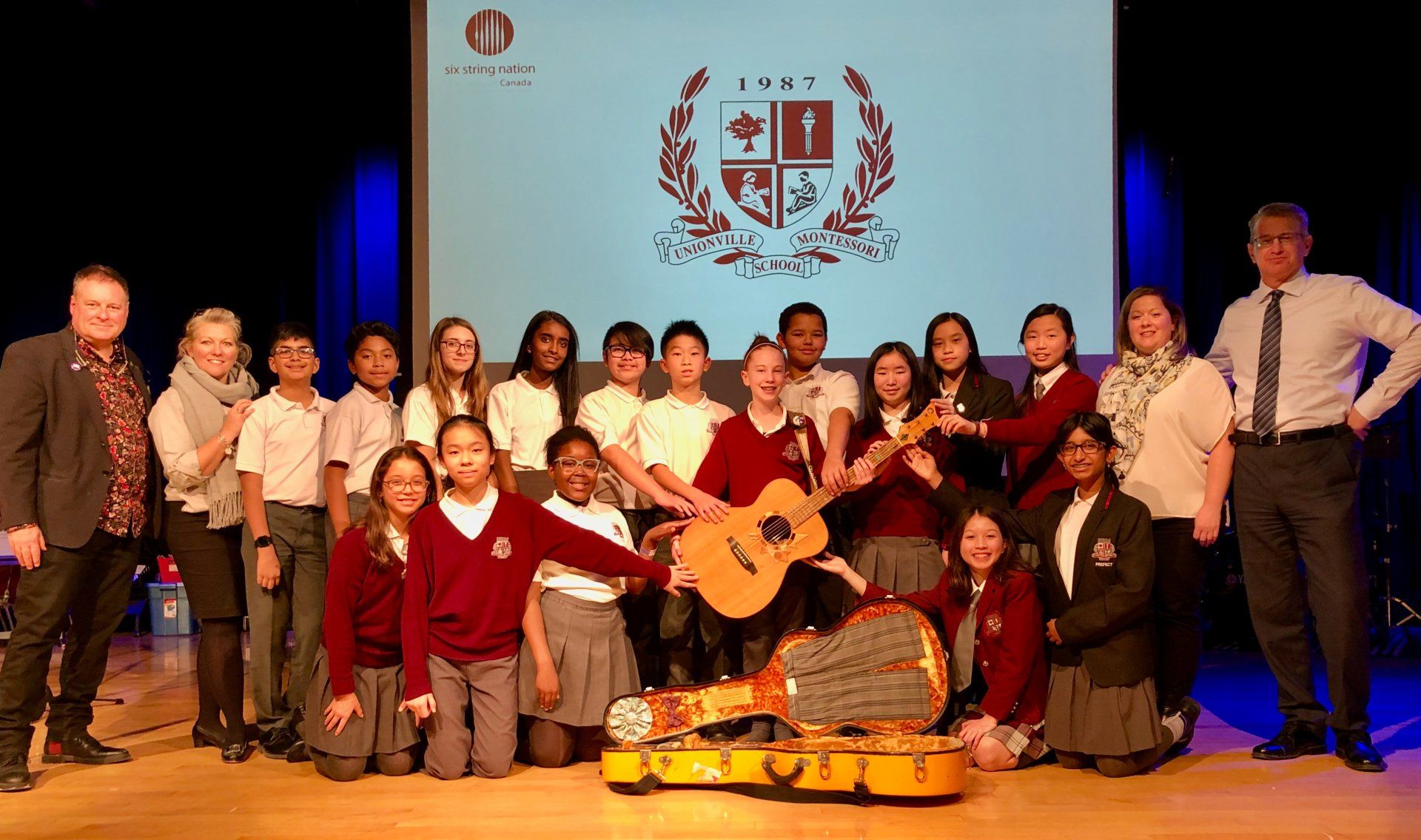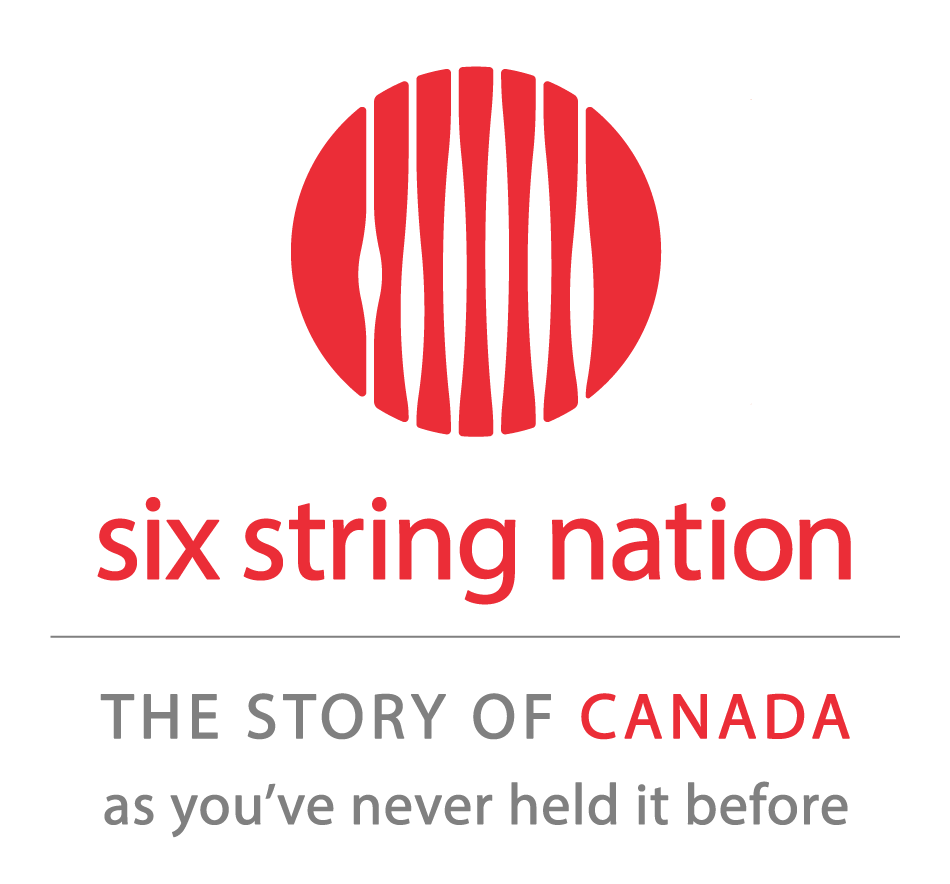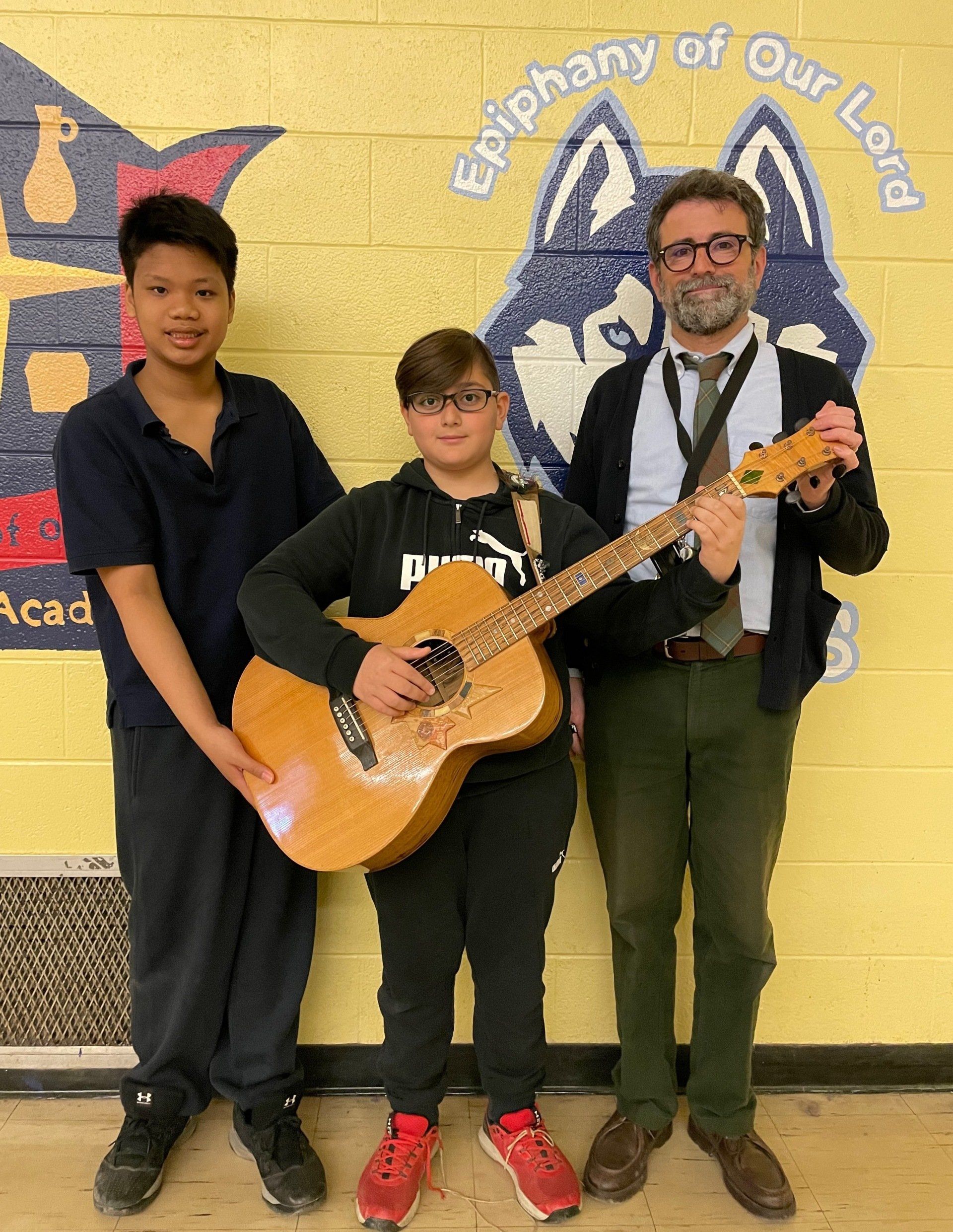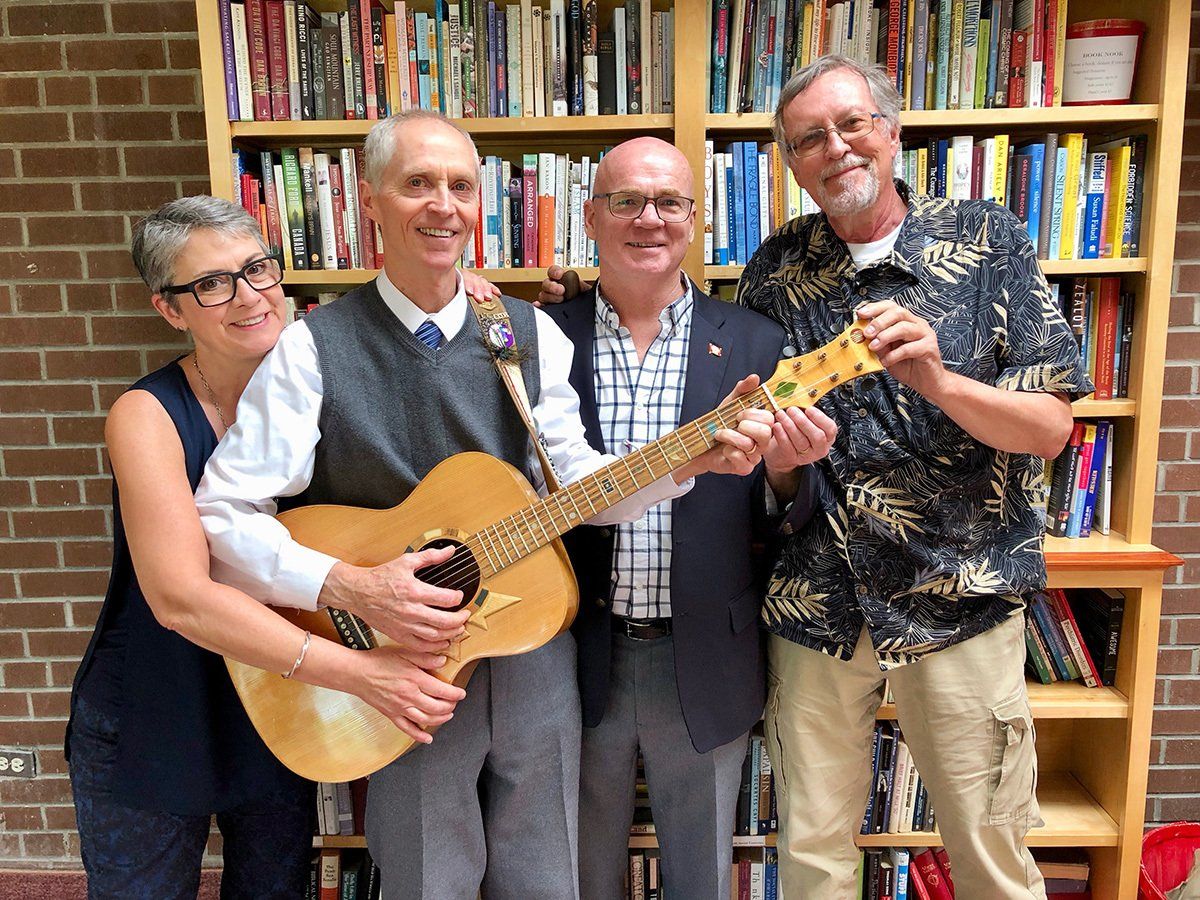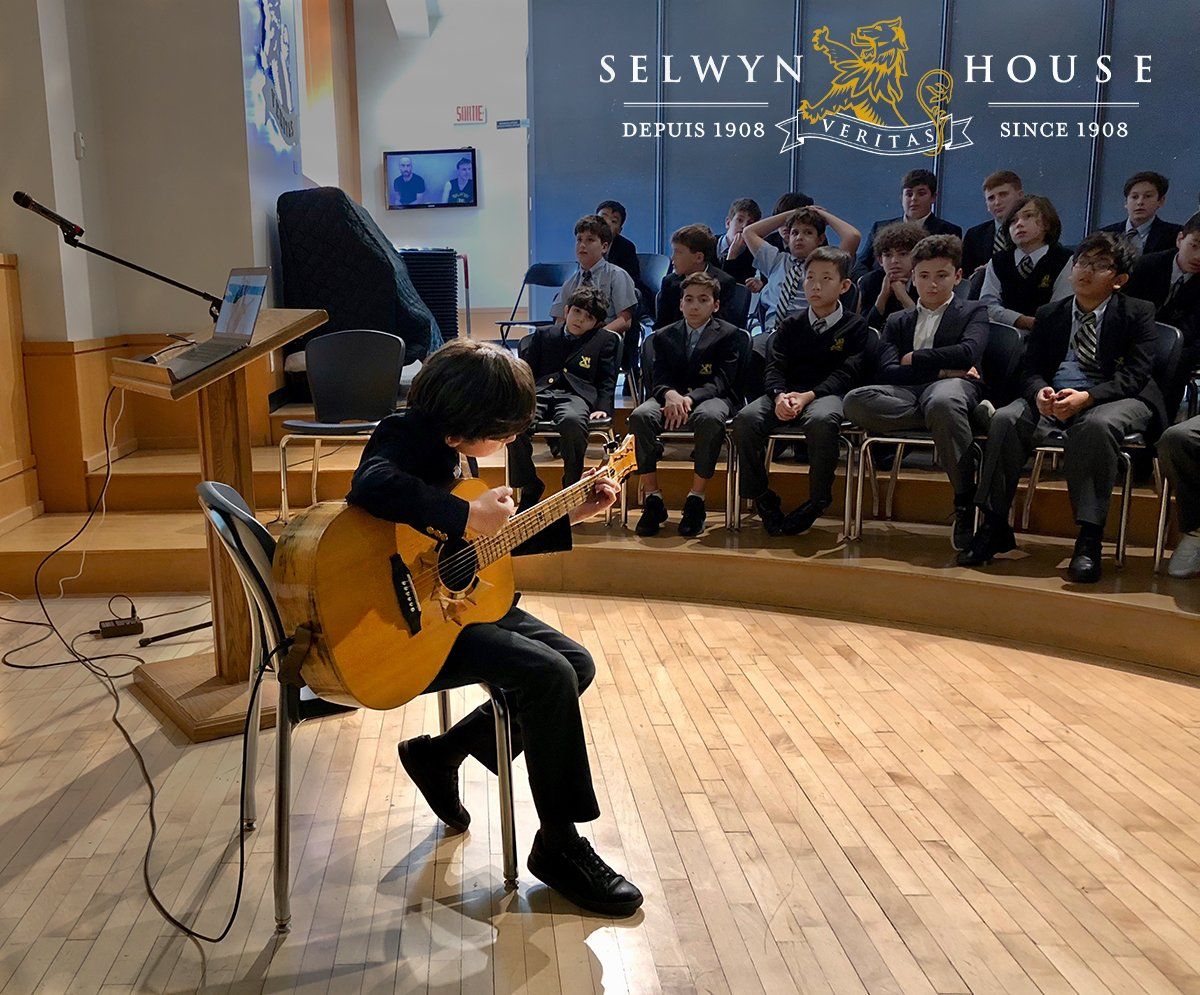A Return to Live at the Fergus Grand
...just 722 days later than expected!
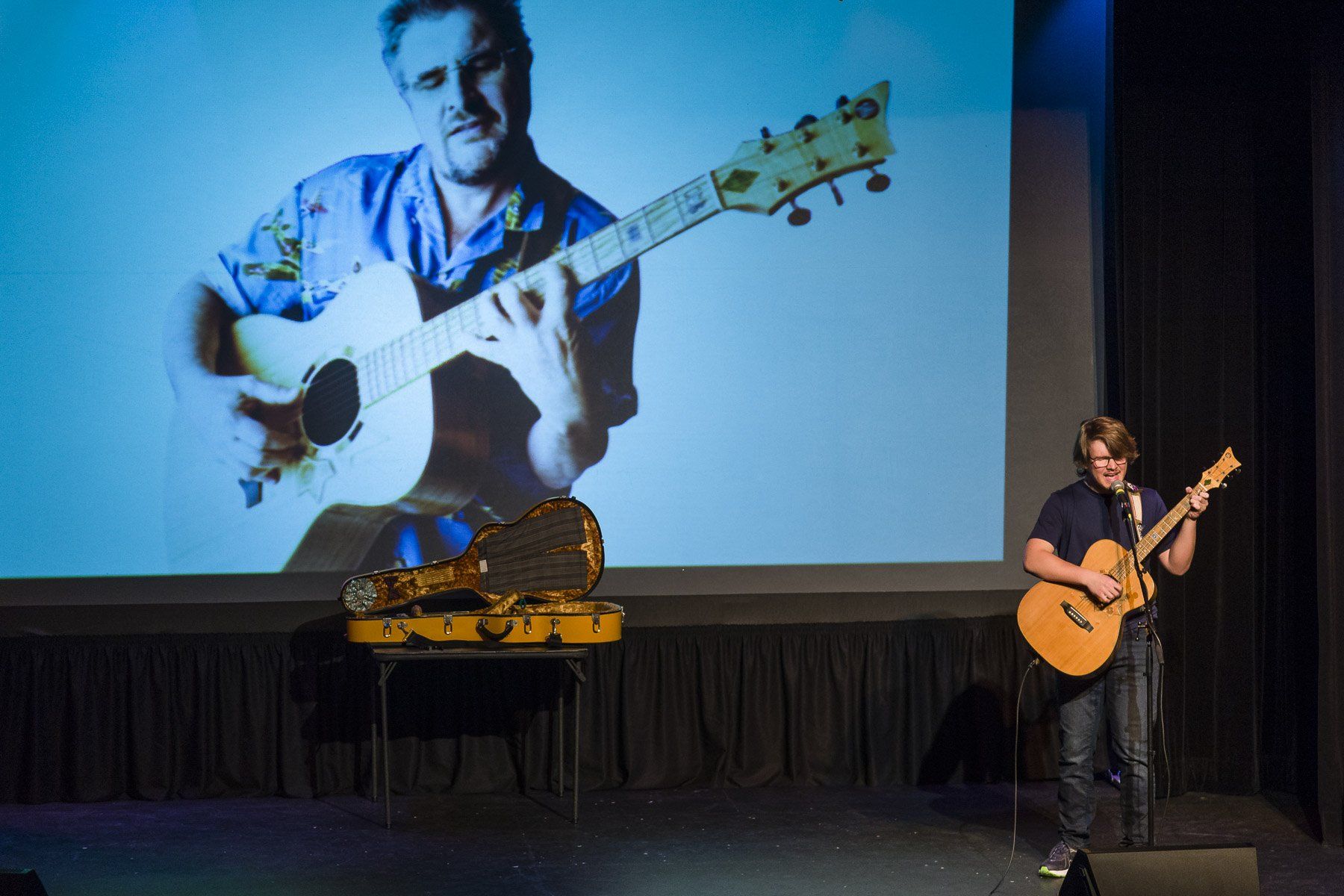
It's a strange experience, going back and looking at the calendar from two years ago.
We'd had a wonderful time at the IceBox Festival in Prince Edward County at the beginning of February. I had a corporate keynote in Ottawa in the middle of the month and lots of meetings planning for upcoming events: for DoorsOpen at City Hall in Toronto in May, a return to PEC for a school visit at the end of March, a golf tournament planned for summer and our event at the Fergus Grand coming up fast. And then, all of a sudden, it's just Zoom calls. Endless Zoom calls.
Like everything at the time, it was all touch and go. We were all feeling our way in the dark, our eyes gradually adjusting to what life in a global pandemic was going to look like. So the show at the Fergus Grand stayed on the calendar in case it was just going to be two weeks of lockdown, then "back to normal". Seems quaint to think of it now. To their great credit, Eric Goudie and the township administration in Centre Wellington never actually cancelled the show. We just kept rescheduling a few months out, hoping we'd be able to make it happen. We eventually rescheduled for March 20th, 2022 – just 722 days after our original date and the day before the mask mandate was lifted in the province of Ontario.
Although we all (half) joke about the elastic nature of COVID-time, the repetitive nature of pandemic existence and the frustration of not being able to do what we want to do, an awful lot happened in those 722 days. And I do mean awful: the multiple discoveries of unmarked graves on residential school sites in various parts of Canada, the murder of George Floyd, the wildfires in BC and Alberta that obliterated the town of Lytton, the flooding of the Cocahalla, the ongoing shitshow of the Trump/FoxNews presidency and the horror of the January 6th insurrection, the never-ending revelations about people like Harvey Weinstein, the surging of racism and nationalist movements worldwide, the childish trucker's convoy in Canada and the invasion of Ukraine by Russia, to name just the most obvious. Exhausting. Terrifying.
I love telling the story of the Six String Nation project. It comes naturally to me. I have "performed" it hundreds of times but it never feels like a performance. I get to feel the power of the story reflected back at me by audiences young and old, large and small, every time I tell it and it feels like brand new. But although I'd done a few virtual sessions over the course of the pandemic, I was nervous about coming back to the stage to do it live. For one thing, I'd had to rejig the presentation for virtual audiences and virtual formats with hard-endings so I'd come to rely on a script to help me tell the story in a different way for exactly 45 minutes instead of the natural cadence of live shows; for another I'd really forgotten my own rhythm after two years out of practice. But, perhaps more importantly, how do you stand up in a roomful of people and tell this story again as if all of that stuff that I mentioned above hadn't happened... or that we hadn't all just come through a global pandemic that isn't over and that may have caused real hardship and loss among people in that room? I would have to find a way to acknowledge all that wreckage around us as I made my way back to the heart of the project.
And what you find at the heart of the project is empathy. That's fundamentally what it's about: coming to a richer understanding of ourselves collectively by understanding the stories of all of those individuals and communities contributing to this ongoing project of making Canada, each in their own way, with their own tools, their own perspectives, their own backstory. It only works by acknowledging triumph and tragedy, beauty and ugliness in equal measure – by accepting the fact that we have to be better if we want to think of ourselves as so. Acknowledgment, atonement, reconciliation, reflection, reparation – all of those must come before (and somehow be rolled into) celebration. And for that journey you need empathy.
Fortunately, Voyageur is an empathy machine. And those who seek out its story – by reading the book or going to the website or coming to a show – tend to lean in with empathy. It's a wonderful match and I am so happy to say that I felt that all day at the Fergus Grand: from the audience during the show (who were as out of practice being an audience as I was being a storyteller – but we all found our way pretty quickly!) to the photo sessions in the lobby to the performances that brought Voyageur to life.
The musical performances were arranged by guitar master and local music teacher Adrian Jones, who first met Voyageur back in 2007 at the OCFF Conference (though we didn't get his official portrait that time!). The fact that he is a great teacher came through loud and clear – in the soundchecks and backstage run-throughs and, of course, in the performances try his students. Isaac Stacey kicked off the performance pocket with a rendition of Tragically Hip's "Bobcaygeon". It's always great to hear that song but I have to say that especially since we've yet to venture back to Queen St. West, the line "That night in Toronto... With its checkerboard floors..." hit home pretty hard, thinking about how great it will be to walk again through the doors of the Horseshoe Tavern. Amanda Braam is clearly an up and coming talent. She performed an original song that had both strength and delicacy and I'm sure we're going to hear a lot more from her in the future. Lucas Doyle was the third act. Lucas moved to Fergus from the U.S. with his parents not too long ago. He let us know in advance that he was intrigued by the piece of Wayne Gretzky's stick that's part of Voyageur. I find that a lot of Americans who meet Voyageur appreciate it with a unique intensity and perspective. After all, Americans are typically better at telling their own story about themselves than Canadians, even if it's not always accurate or the whole story. But it means they recognize something in this guitar about its value as a storytelling device. My hope is that by the end of the day, he and his family found more ways to hold onto an idea of Canada than just the top of the Great One's stick. He and Adrian collaborated on a rendition of Dire Straits' "Sultans of Swing", including a virtually seamless guitar-swap part way through. Great job everyone!
Thanks again to Eric Goudie for being inspired to share the Six String Nation experience with the folks of Fergus and Centre Wellington and for always being optimistic that the show would, indeed, go on.
Thanks to our portrait station volunteers Terri Arora, Barb McAlpine and Angela Berriman and to Rob Klein for sound, lighting, projection, etc. And thanks again to everyone for coming to the show, masks on that one last time. Here's to meeting again with naked faces one day!
